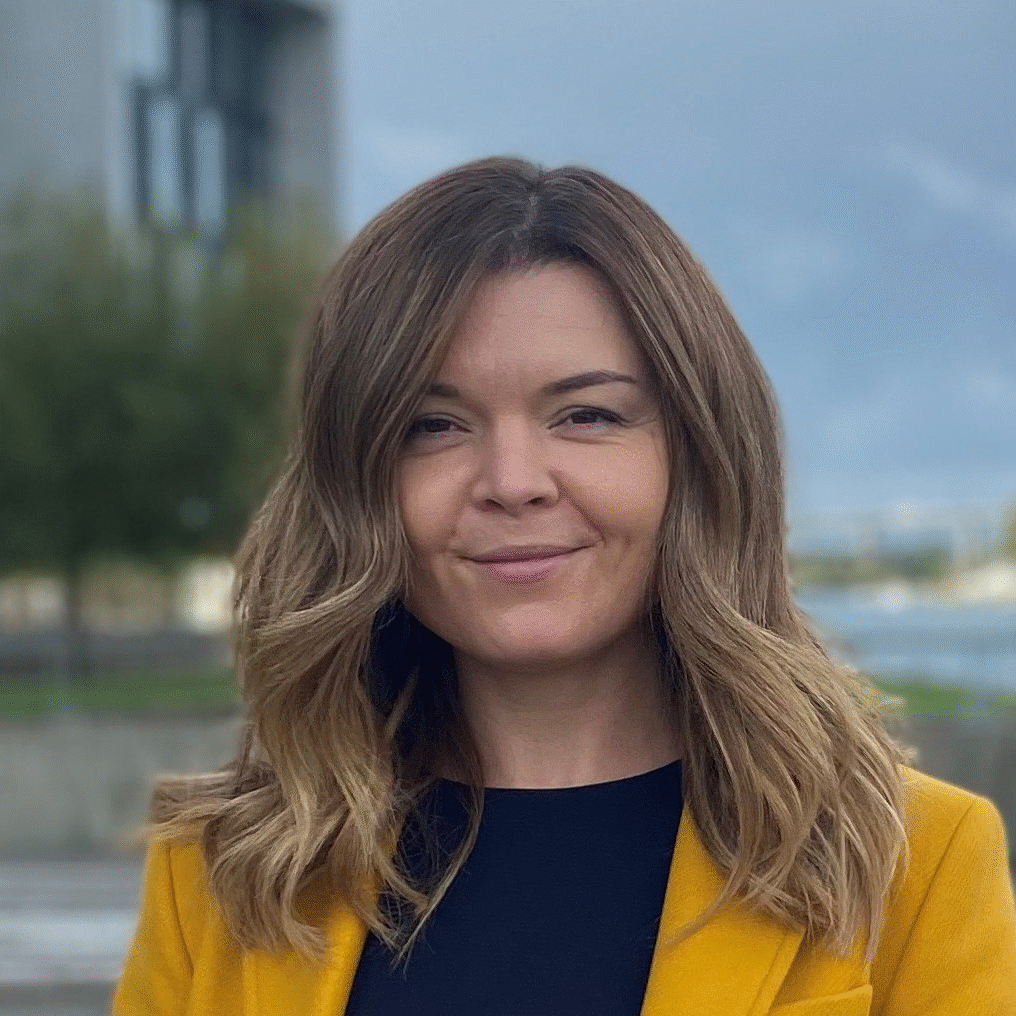BACKGROUND AND NON-PAPERS by CFIS 25 Sherpas
2025 CFIS - Investment Screening and Economic Security

CFIS 25 Non-Papers
Non-Paper No 16/2025: Global Trends in Investment Screening – Indo-Pacific
Non-Paper No 15/2025: Global Trends in Investment Screening – Latin America and the Caribbean
Non-Paper No 14/2025: Global Trends in Investment Screening – EU Neighbourhood
Non-Paper No 13/2025: Protection or Protectionism? Mitigation, Compliance and Judicial Recourse in Investment Screening
Non-Paper No 12/2025: Cross-Border Collaboration on Investment Screening
Non-Paper No 11/2025: Powering Ahead – Investment Screening in Energy Technologies and Renewable Energy Production
Non-Paper No 10/2025: State Capital in the Age of Economic Security: Strategic Investment Funds Between Industrial Policy and Investment Screening
Non-Paper No 9/2025: To the Defence of Defence? Investment Screening and Strategic Autonomy in the EU Defence Sector
Non-Paper No 8/2025: Balancing Innovation and Sovereignty: The Role of FDI Screening and FSR in Shaping Strategic Technologies
Non-Paper No 7/2025: European Economic Security Amid a Shifting Transatlantic Order

Meet our Sherpas
At CFIS, each panel is supported by a dedicated Panel Sherpa.
Our Sherpas play a crucial role in preparing the ground for meaningful discussions. They work closely with moderators and panelists in the months leading up to the Forum, supporting both the content design of the panel and the coordination of speakers. Their task is to ensure that every conversation is anchored in the latest developments and cutting-edge debates shaping today`s and tomorrow’s debates on investment screening and economic security.
Our CFIS 25 Panel Sherpas are aspiring young professionals who combine academic excellence with curiosity and drive — helping shape the conversations that matter at CFIS 25.

Anna Vlasiuk Nibe
(Panel 4A: To the Defence of Defence)
Anna Vlasiuk Nibe is an Assistant professor at the University of Southern Denmark (SDU), section for International and Regional Politics. She is affiliated with the Center for Border Region Studies (SDU Sønderborg) and Center for War Studies (SDU Odense). Anna holds a PhD in Political Science from SDU, an MSc in International Economic Law from Kyiv National Economic University and a BSc in Market and Management Anthropology from SDU. Anna’s professional experience includes legal consultancy in the fields of corporate law, cross-border transactions, and foreign direct investment, and research and teaching in the field of EU institutions and politics, economic security and geoeconomics, global regulation and business responsibility. Anna’s research interests include the geopoliticisation of EU commercial policy, globalization and geoeconomics, and the role of market actors in a changing global order.
Her publications include:
Pre-emptive depoliticisation: the European Commission and the EU foreign investment screening regulation, A Vlasiuk Nibe, S Meunier, C Roederer-Rynning, Journal of European Public Policy 31 (1), 182-211
Legitimisation of foreign direct investment screening among business actors: The Danish case, A Vlasiuk Nibe, Politics and Governance 11 (4), 140-153

Francesco Giovanni Lizzi
(Panel 3: Balancing Innovation and Sovereignty)
Francesco Giovanni Lizzi is a PhD candidate in Political and Social Sciences at the University of Bologna. His research focuses on Sino-European economic relations, especially on how Chinese Foreign Direct Investments in critical infrastructure are framed in Germany and Italy. He was a Visiting PhD researcher at the Centre for Security, Diplomacy and Strategy (CSDS) of the Brussels School of Governance and at the Hertie School of Governance in Berlin. He holds an MA in International Relations from the University of Florence and served as a trainee at the Italian Embassy in Vietnam.

Eugenio Sanchez
(Panel 7B: Global trends: Latin America and Carribean)
Eugenio Sánchez is currently a PhD Researcher at the Center for International Studies (CERI) at Sciences Po in Paris. His main field of interest is International Political Economy (IPE). Eugenio's Ph.D. project examines how dependent market economies in Europe implement industrial policies in key sectors, such as banking and automotive. Eugenio earned his M.A. in Political Science from the School of Research at Sciences Po (Summa Cum Laude) and his B.A. in International Studies from Charles University (Summa Cum Laude). Since 2023, he has been the Communications Coordinator for the European Initiative for Security Studies (EISS). He is also the co-founder and co-coordinator of the Research Group on International Political Economy at CERI-Sciences Po.

Neil Noronha
(Panel 5: Strengthening the Chain)
Neil Noronha is a second-year law student at the University of Virigina (UVA). He is interested in the interdisciplinary intersection of national security, economics, and law, with a focus on investment restrictions, export controls, and sanctions. At UVA Law, he is Captain of the Philip C. Jessup International Moot Court Team, Assistant Articles Editor of the Virginia Journal of International Law, and Vice President of Professional Development of the National Security Law Forum.

Floor Doppen
(Panel 6: Protection or Protectionism, Panel 8: Next step for Europe)
Floor Doppen is a PhD candidate at the University of Antwerp in the department of political science. Her research is on the political economy of FDI screening and has written extensively on investment screening in the EU. Currently she is also a managing program associate at CELIS, primarily responsible for CELIS’ Thought Leaders Program.

Dominika Pietkun
(Panel 1: At the Helm - The CEO Fireside Chat, Panel 7A: Global trends: EU Neighborhood, Panel 7C: Global trends: Indo-Pacific)
Dominika Pietkun is a PhD candidate in the Institute of Legal Sciences of the Polish Academy of Sciences. Her doctoral research focuses on the intricate realm of Foreign Direct Investment (FDI) screening within the European Union (EU), with a particular emphasis on analyzing the evolving EU-level approach to FDI screening and its impact on the national monitoring mechanisms instituted by EU Member States.
As part of her academic pursuits, Dominika has published two articles relevant to her PhD research. Her work titled “The European Commission filing gaps in the EU Regulation in the face of the war in Ukraine” was featured in the Polish Yearbook of International Law in November 2023.
Dominika is also an associate in the Corporate and M&A practice at CMS Cameron McKenna Nabarro Olswang Pośniak i Bejm sp.k. Dominika advises clients on commercial and company law and specialises in merger & acquisition transactions, restructurings and ongoing legal advice on corporate issues to private equity houses, as well as to Polish and foreign companies. Prior to joining CMS, Dominika worked for over a year and a half at Clifford Chance law firm.
In 2021, Dominika completed a postgraduate course in International Finance organised jointly by the Warsaw School of Economics (SGH) and the EY Academy of Business, which enabled her to gain knowledge in financial reporting and analysis, financial strategy development, valuations and risk management. In June 2024 she participated in the Academy of European Law (AEL) on the Law of the European Union organised by the European University Institute in Florence.

Simon Sharghi Erdmosa
(Panel 2: Steering the State`s Purse)
Simon Sharghi-Erdmosa is a Programme Associate at the CELIS Institute.
He holds a Master’s degree in International Security from Sciences Po Paris and a Bachelor’s in European Studies from Maastricht University. Since joining CELIS in 2024, Simon has been supporting the development of CELIS’s advisory capacities and commissioned research activities. He also manages the organization of CELIS’s flagship conference in Berlin and contributes to strengthening CELIS’s profile and outreach among economic security stakeholders across sectors.
Before joining CELIS, Simon gained professional experience at the European Commission, in consultancy, and in a technology start-up. He is fluent in English, French, Farsi, and German.










